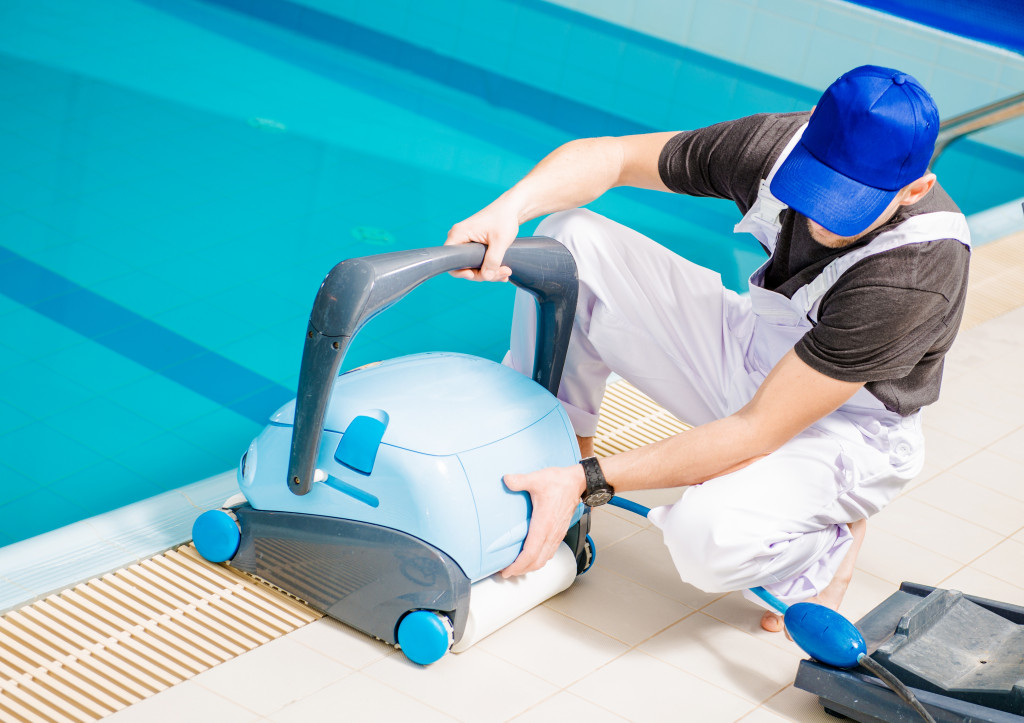Dear parents, do you ever wonder how climate change and rising temperatures affect children? A new study has an answer for you. Children who live in cities where summer temperatures are higher have an increased rate of hospital visits due to heat-related illness.
Although kids release or dissipate heat the same way as adults, the effects of high temperatures still vary because of factors such as body size, composition, and hydration.
As summer comes nearer, there’s no better time to protect your children from possible heatwaves than today. Here are some tips to keep your house cool and comfortable for them:

1. Ensure Your AC Is Working Properly
One of your best defenses against the summer heat is your air-conditioning system. Even before the season is here, ensure that it is working well. Schedule a check-up by a professional AC service company.
These specialists can check for common AC issues such as leaking refrigerant, malfunctioning motors, low sound levels, and any other problems that can make your AC unit unreliable during hot seasons.
Granted, you might be worried about the high costs brought by an overworked AC. You can save some bucks by maintaining a thermostat schedule, so it indicates the time to run the air conditioner.
You may also want to use a timer that automatically adjusts the settings on your AC throughout the day, so you don’t have chaos in trying to memorize what is best at any given moment during those hot summer days.
2. Keep Your Home Well Ventilated
If you’re wondering why the house feels like an oven during summer even if your AC is working hard, you may have a problem with ventilation. Poor ventilation means heat cannot leave but instead circulates around the house. Worse, it produces a greenhouse effect. Hot air moves up and stays above.
So how can you improve ventilation? Open the windows and doors, and run vents and fans. Let the hot air out during the day and bring in cooler air at night.
This will also allow your AC to work faster as it gets rid of unnecessary heat buildup around your house. If you live in a home without proper ventilation, add some vents. One way to solve this is by installing an exhaust fan in the bathroom and kitchen.
3. Check Your Pool
A swimming pool is another amazing way to beat the summer heat without spending more money on an overnight trip to the beach. You can comfortably watch over your kids as they swim. Keep in mind, however, that pools can also heat up especially if they’re six feet and below.
You can combat this heat by using a pool cover when it’s not in use. Plant trees in your backyard to create natural shade (and increase home privacy) or invest in a pump with a chiller.
While you’re at it, work on pH balance pool maintenance. Water in the pool can become too alkaline, making it a potential breeding ground for bacteria that can cause health problems such as skin irritation or rashes. High alkalinity also makes your pool less efficient because of scaling.
4. Minimize Heat-Producing Activities with Kids
Kids love playing outside, so you’ll have a hard time keeping them indoors during summer. But what can you do? Encourage indoor activities – and you have a lot of options.
First, you can play board and card games. You can also play video games, read them books, and engage in educational activities. If your kids want to be with their friends but it’s too hot outside, schedule a play date or two in the backyard.
If your kids need to go outdoors to play sports or ride bicycles, consider scheduling them in the late afternoon or early morning where the temperature is much cooler.
5. Plant Trees
If you live in a home with no landscaping, now is the time to plant some shade-producing trees. If you have trees that are already big enough, ask what kinds can grow in your area.
Choose species that can grow fast, especially if your goal is to have a cooling effect in a year or two from planting. Consider those with light-colored leaves and dense foliage since they have excellent sun-blocking abilities. Another option is to get those that help absorb excess moisture to maintain the ideal humidity at home.
It’s important to stay cool and comfortable during the summer, especially for children who are prone to the effects of extreme heat. These tips will help prepare your home for the season.
